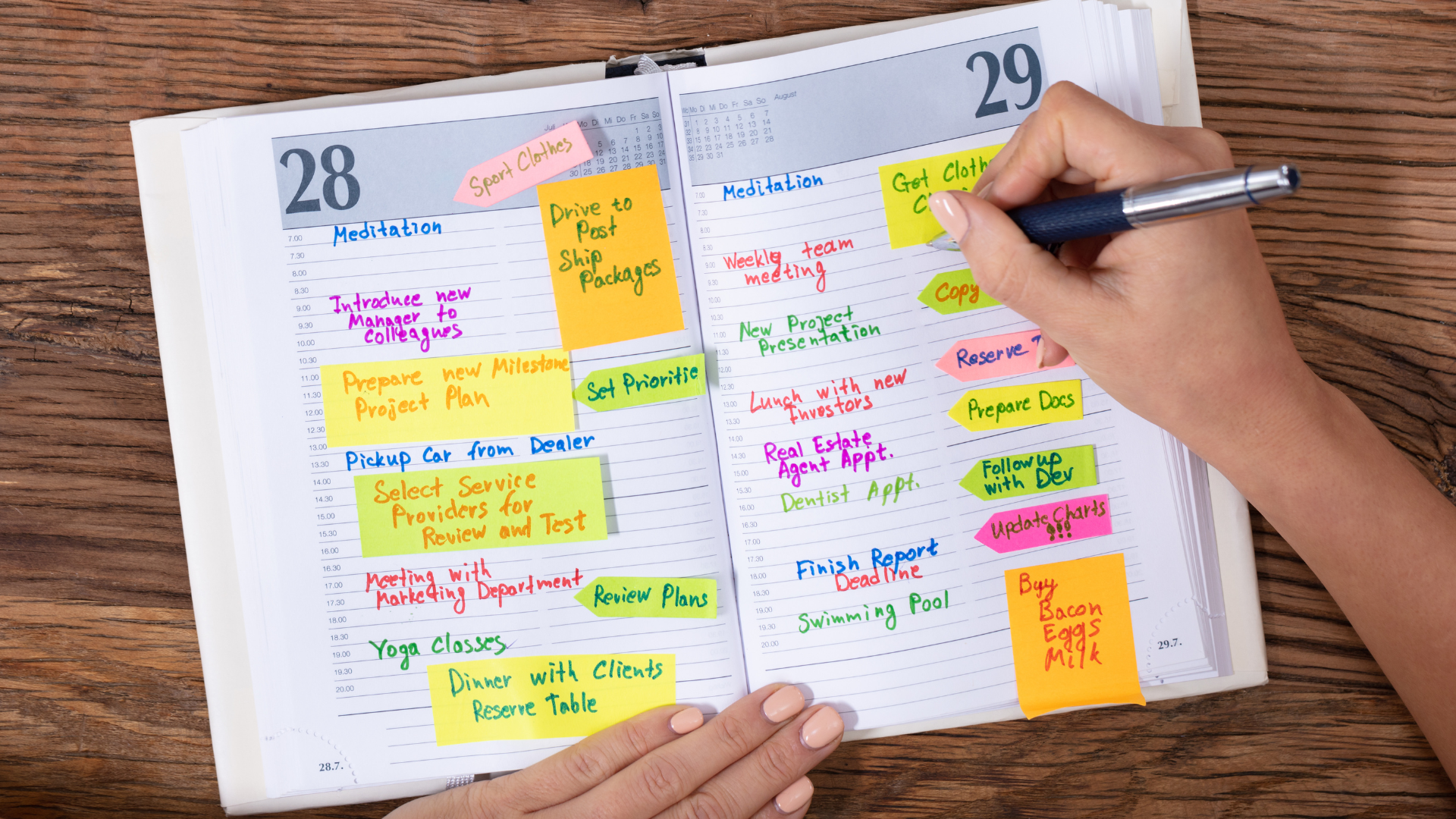Balancing School, Work, and Life: How to Stay Focused When Life Gets Busy
Life doesn't pause when you decide to better yourself. For many of our students at Fordham Institute Inc., pursuing HHA or CNA training means juggling school, work, family, and everything in between. It's not easy—but with the right tools and mindset, it's possible.
If you're feeling stretched thin, know that you're not alone. Here are some practical tips to help you stay balanced, focused, and successful—even on the busiest days.
1. Get Clear on Your Priorities
You can’t do everything at once—and that’s okay. Take time to decide what matters most right now. Education, family, your job—define your top 3, and build your schedule around them.
Tip: Keep your goals visible—a sticky note, phone wallpaper, or journal reminder can help you stay grounded.
2. Create a Weekly Game Plan
Start each week by writing out your classes, shifts, appointments, and study blocks. Seeing it all on paper (or your phone) helps reduce mental clutter.
Bonus: Leave room for rest. Burnout happens when you’re overbooked and under-recharged.
3. Use Small Pockets of Time Wisely
Even 10 minutes can make a difference. Review flashcards, prep meals, or practice a skill during your lunch break or commute.
Remember: Progress is progress—no matter how small.
4. Ask for Help When You Need It
Don’t try to do it all alone. Whether it's leaning on a family member, classmate, or instructor, asking for help is a strength—not a weakness.
Fordham Tip: We’re here for you. Our instructors and support staff are always ready to help you navigate challenges.
5. Take Care of Your Body and Mind
You can’t give your best when you’re running on empty. Get rest, eat well, hydrate, and take time to reset—mentally and emotionally.
Self-care idea: Try a short walk, deep breathing, or five quiet minutes before bed to decompress.
6. Celebrate Every Win
Finished your assignment? Got to class on time every day this week? That’s a win. Recognize your effort and progress—it keeps you motivated.
Tip: Keep a “done” list alongside your to-do list. You’ll be amazed at what you’ve accomplished.
You’ve Got This
Balancing school, work, and life isn’t about being perfect—it’s about being persistent. At Fordham Institute Inc., we believe in our students and their ability to rise, even when life gets busy.
Take it one day at a time. Stay focused. And never forget why you started.
📞 Call us at (718) 480-1804 if you’re ready to take the next step





